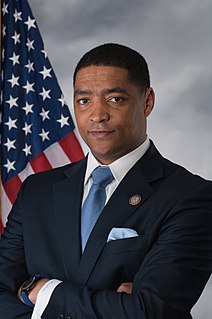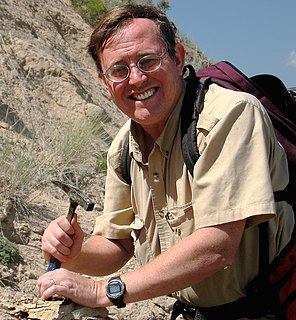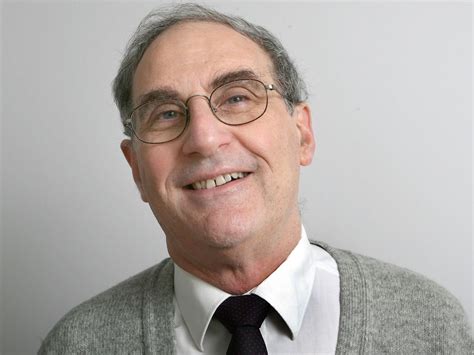A Quote by Bill de Blasio
For New Yorkers, late October 2012 was a moment when something fundamental altered. If there were any climate change deniers in the five boroughs before Hurricane Sandy, I don't think there were too many left afterward.
Related Quotes
Sometimes," Jem said, "our lives can change so fast that the change outpaces our minds and hearts. It's those times, I think, when our lives have altered but we still long for the time before everything was altered-- that is when we feel the greatest pain. I can tell you, though, from experience, you grow accustomed to it. You learn to live your new life, and you can't imagine, or even really remember, how things were before.
Despite the international scientific community's consensus on climate change, a small number of critics continue to deny that climate change exists or that humans are causing it. Widely known as climate change "skeptics" or "deniers," these individuals are generally not climate scientists and do not debate the science with the climate scientists.
I do think the smaller-scale studio works have that incredible love of data crunching, whereas I would say the large-scale earthworks tend to be much more stripped-down. With the mappings, as connected as they are to a much more analytical idea, what's a map? And can I make a map about time? I think the first time was Hurricane Sandy, the flood plane; a moment in time, but indelibly marked on any of us who were in the city. Mapping time is something that I'm really interested in.
I came from a tradition where souls were a theological reality, not a faith reality. Souls were for saving, not for communing. Souls were for converting and, once they were converted, they were to be left alone. Souls were too mystical, too subjective, too ambiguous, too risky, too... well, you know - New Age-ish.
My family and I survived Hurricane Katrina in 2005; we left my grandmother's flooding house, were refused shelter by a white family, and took refuge in trucks in an open field during a Category Five hurricane. I saw an entire town demolished, people fighting over water, breaking open caskets searching for something that could help them survive.

































